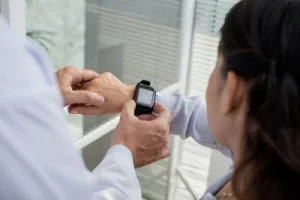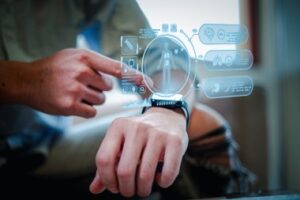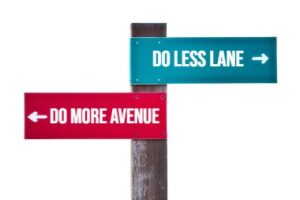
Join Me and Contribute to JUCM
It is an absolute honor and pleasure to serve as the new Editor In Chief of The Journal of Urgent Care Medicine (JUCM). To begin, I want to thank Joshua Russell, MD, for his incredible work with the journal over the last 5 years. His effort, dedication, and endless hard work have forever changed the direction of JUCM and shaped its future. It is my sincere hope to continue his impactful work by publishing meaningful educational pieces and original research to advance the field of urgent care medicine. I absolutely …
Read More
Read More

The Quality of Urgent Care Depends on our Commitment to HOLA Expertise
At least once a month, a friend or family member will text me—often for the first time in years—to share the summary of a recent visit to their local urgent care (UC). While these texts are universally unsolicited, I genuinely love receiving them. The unfiltered perspective cannot be matched by even the most sophisticated electronic medical record analytics or patient experience reports. This is because the stories they share with me, while anecdotal, provide a qualitative and holistic picture of how UC is actually practiced. Through all these exchanges, I …
Read More
Read More

Managing Health Data Obsessive Disorder Presentation in Urgent Care
In a prior editorial, I described the case of Thomas, a young man among the “worried-well,” who presented to urgent care (UC) with anxiety related to an alarm that sounded as a result of a malfunction of a continuous glucose monitor (CGM), which was prescribed despite his lack of a diagnosis of diabetes, out of concern for abnormal blood glucose levels.[1] The underlying issue prompting his visit was not hypoglycemia but what I refer to as “health data obsessive disorder” (HDOD)—a novel behavioral health disorder diagnosis I propose we might …
Read More
Read More

‘Health Data Obsessive Disorder’—A Modern Epidemic
“Low blood sugar” was his chief complaint, but Thomas was in my urgent care (UC) mostly because he was feeling anxious. It wasn’t hypoglycemia that was making him nervous either. Thomas didn’t have diabetes or take any medication for high blood sugar. Regardless, he was wearing a continuous glucose monitor (CGM), which he lifted his shirt to show me when I entered the room. Thomas explained his primary care physician (PCP) had prescribed the device somewhat reluctantly earlier that week, and Thomas had deployed the sensor in his abdominal subcutaneous …
Read More
Read More

‘As Little as Necessary…’– A Mantra for Urgent Care
“Do as little as necessary, not as much as possible.” This is the mantra I recite throughout every urgent care shift without fail—that’s how mantras work after all. Hearing the word “mantra” might conjure images of a placid-faced yogi seated in the lotus position for some, but a mantra needn’t serve only spiritual practice. A well-conceived mantra can also prove useful when deployed in any context where we might benefit from being reminded frequently to act differently than if left to the mercy of our habits or human nature. Clinical …
Read More
Read More
